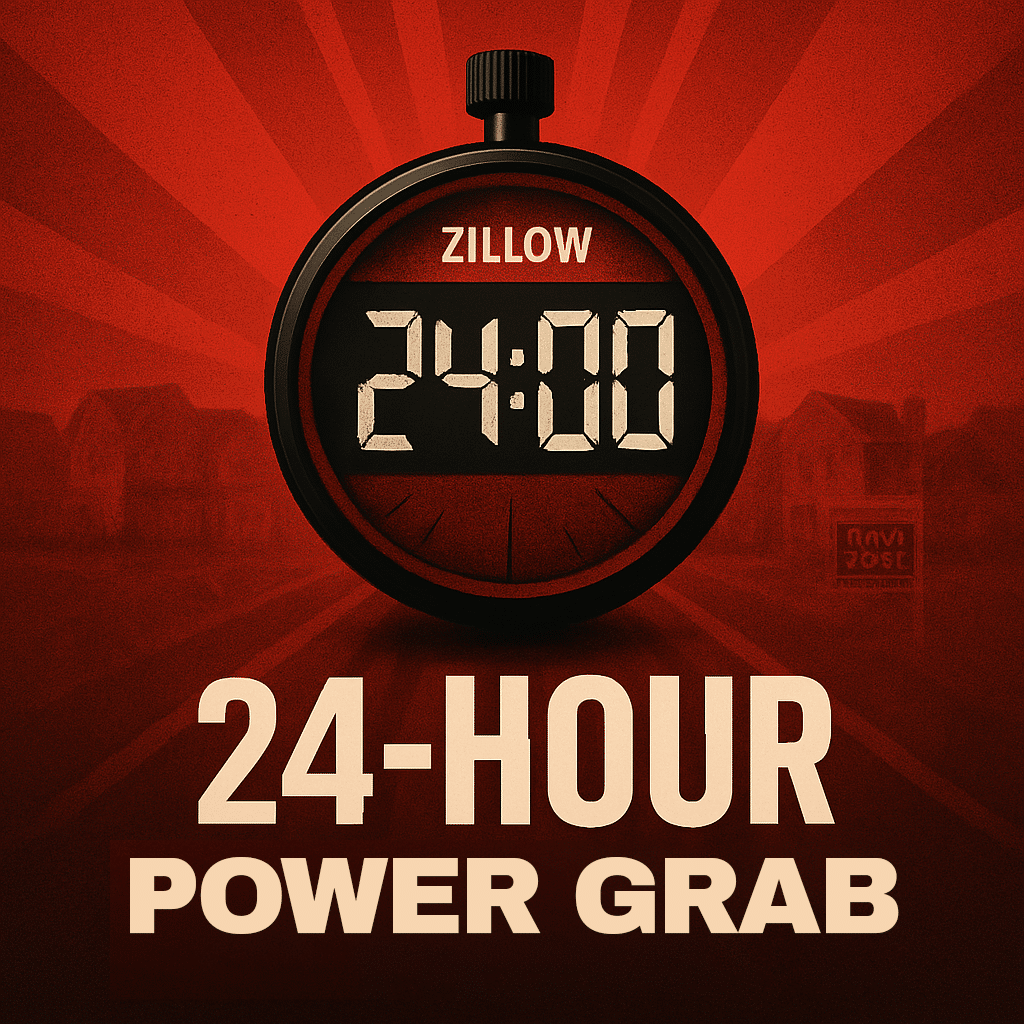So, when can you secretly record conversations?
It’s happened to us all. We distinctly remember an important conversation, however, the other party remembers the conversation entirely differently.
When can you secretly record conversations?
In my past life as a business attorney, I was surprised that more people didn’t record important face-to-face and telephone conversations. Probably 75% of the disputes I handled would not have existed if the parties had a record of what was actually said.
Is it ethical?
That depends on whether you think recording the truth is wrong. I know a masseur who records his massage sessions to protect himself against accusations of inappropriate behavior. That has saved his butt on more than one occasion.
Is it legal?
Here’s the quick scoop:
In 38 states and D.C. it is legal to secretly record conversations with others. These are called one-party consent states. Since you are one of the participants in the conversation, your consent is all that’s required. In 12 states it is not legal to secretly record conversations with others. These are known as a two-party consent states. “Two party” is really a misnomer because all parties must consent to the recording. A better term might be “all-party” consent states.
No states permit you to secretly record conversations in which you are not a participant. That is eavesdropping, a violation of federal law (except by the government with a court-issued warrant).
It’s important to know that these restrictions regarding recording generally do not apply unless the parties to the conversation, either face-to-face or via telephone, have what’s known under the law as a “reasonable expectation of privacy.”
In other words, if you and I are yelling at each other in a public place, we have no right to expect privacy, and therefore anyone could record that conversation (and put it on YouTube) without our knowledge or consent.
What if I’m in a one-party consent state and you are in a two-party state? Suppose I record our telephone conversation without telling you. Am I in trouble? Not in my state but maybe in your state. Your state would have a hard time getting me into court since I don’t reside there and didn’t commit the “crime” within its borders. Whenever there is a question, the “rule of thumb” is that state law in this regard trumps the federal law.
The two-party consent states
- California
- Connecticut
- Florida
- Hawaii
- Illinois
- Maryland
- Massachusetts
- Montana
- Nevada
- New Hampshire
- Pennsylvania
- Washington

While I am an attorney, I am not your attorney. Before you act, consult your attorney (and record the conversation).
Get my blog delivered to your inbox weekly and never miss a post!













